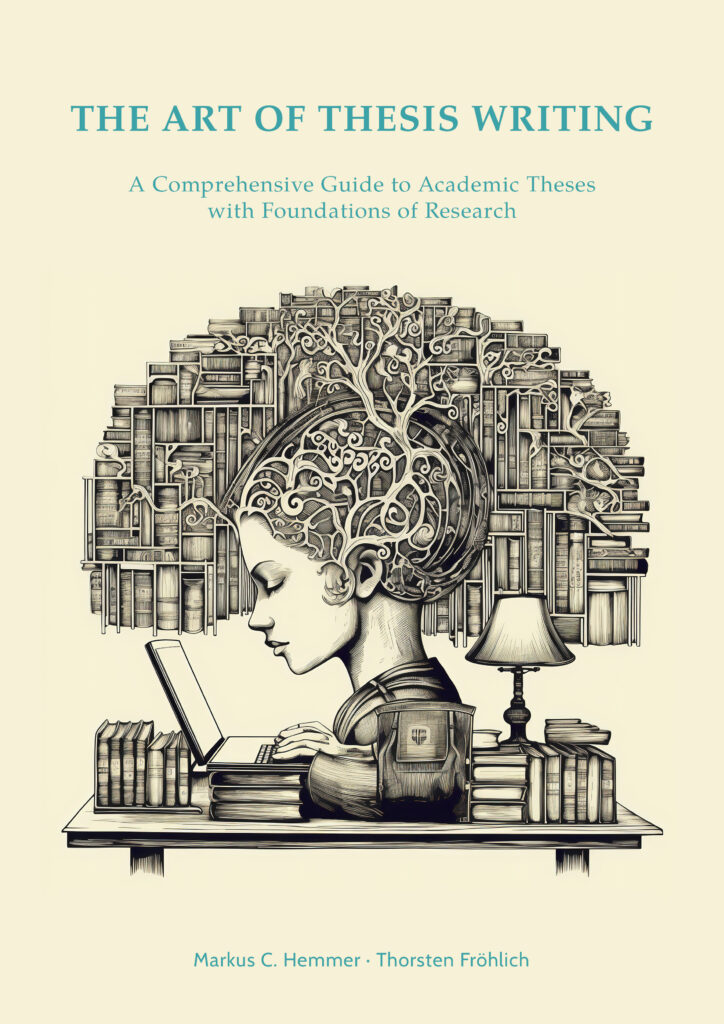The methodology is a fundamental element of thesis writing that serves as the bridge connecting the theoretical framework to practical outcomes in research. This section is where the researcher outlines how the research question will be answered and how the hypothesis will be tested, detailing the tools, techniques, and processes that will be used. It holds a place of importance equal to the foundation of a building, underpinning the entire research project, whether it is for a bachelor thesis, master thesis, doctorate thesis, or capstone project.
For a bachelor thesis, the methodology introduces the student to the process of systematic investigation. A typical methodology in a bachelor thesis might describe the process of a survey, including sample selection, questionnaire design, and data collection methods, with an example being, “A mixed-methods approach was utilized, employing both quantitative surveys and qualitative interviews to gather comprehensive perspectives on student satisfaction with online learning platforms.”
In a master thesis, the methodology is expected to display a higher level of complexity and rigour. It often involves more sophisticated techniques that could include longitudinal studies or advanced statistical analyses. An example might read, “Employing a longitudinal study design, data were collected at three different points to measure the effect of social media marketing on brand loyalty.”
At the doctoral level, the methodology section of a doctorate thesis goes beyond describing what and how; it must also justify why specific methods were chosen over others. It is an exposition of the research design that is critical for the validity and reliability of the findings. A doctoral candidate might detail, “A phenomenological research design was adopted to explore the lived experiences of participants, thereby allowing for a deeper understanding of the psychological impacts of chronic stress.”
Capstone projects, often focused on solving real-world problems, require a methodology that is sound academically but also practical and implementable. For example, a capstone project methodology might state, “A design thinking approach was utilized, involving stakeholders in a collaborative process to develop user-centric solutions for reducing food waste in school cafeterias.”
The choice of methodology directly impacts the credibility and reproducibility of the research. It is through a well-defined methodology that a study’s findings can be validated and its theories tested. Without a clear methodology, the research may lack direction and purpose, and the results may not withstand scrutiny.
Moreover, the methodology section also acts as a narrative that provides transparency to the research process, allowing others to replicate the study if needed. It must be meticulously detailed and precisely structured to leave no doubt in the reader’s mind as to how the research was conducted.
In the grand scheme of thesis writing, the methodology is not merely a chapter; it is the operational core. It is a testament to the researcher’s expertise, the rigour of the study, and the reliability of the results obtained. A well-articulated methodology underlines the quality of the research and reassures the reader that the conclusions drawn are founded on a solid empirical base.
Learn how to deal with the Methodology from the book
The Art of Thesis Writing

